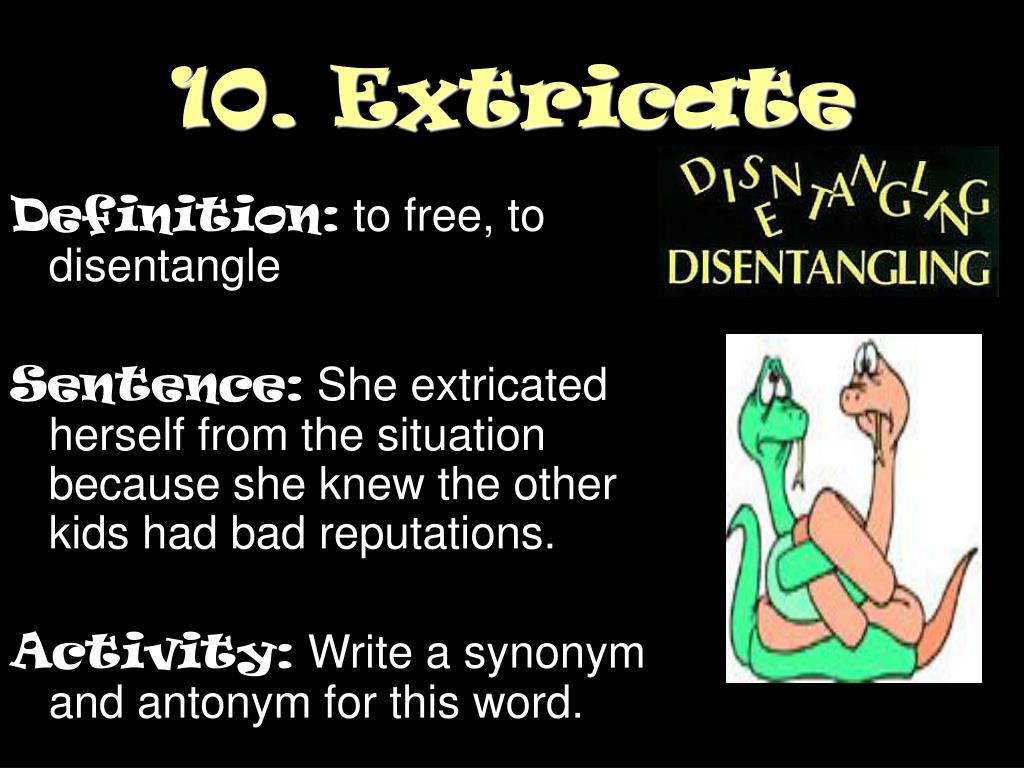

Wantonly disregarded this norm, and now Trump’s base may come to expect future Republican elites to be willing to do the same. Further, given the decisive role that Independents can play in elections, these results suggest that reservoirs of animosity are not necessarily specific to a particular party, and may therefore be tapped by any political elite.īefore Trump took center stage in 2015, Republican leaders were determined to “stymie Democratic policy initiatives, resist compromise, and make it clear that Republicans desire to score political victories and win back power from Democrats,” Kane wrote in his email, but “establishment Republicans generally did not openly demonize, much less dehumanize, Democratic politicians at the national level.” The objectives of the Trump wing of the Republican Party stand out in other respects, especially in the strength of its hostility to key Democratic minority constituencies.Īnimosity toward Democratic-linked groups predicts Trump support, rather remarkably, across the political spectrum.

Lacking these traditional credentials, Trump sought out “the underserved market within the Republican electorate by giving those voters what they might have wanted, but weren’t getting from the other mainstream selections.” When Trump got into the 2016 primary race, “he did not have a clear coalition, nor did he have the things candidates normally have when running for president: political experience, governing experience, or a track record supporting party issues and ideologies,” Joseph Uscinski, a political scientist at the University of Miami, wrote in an email. Trump’s success in transforming the party has radically changed the path to the Republican presidential nomination: the traditional elitist route through state and national party leaders, the Washington lobbying and interest group community and top fund-raisers across the country no longer ensures success, and may, instead, prove a liability.įor those seeking to emulate Trump - Ted Cruz, Josh Hawley, Ron DeSantis, for example - the basic question is whether Trump’s trajectory is replicable or whether there are unexplored avenues to victory at the 2024 Republican National Convention.


 0 kommentar(er)
0 kommentar(er)
